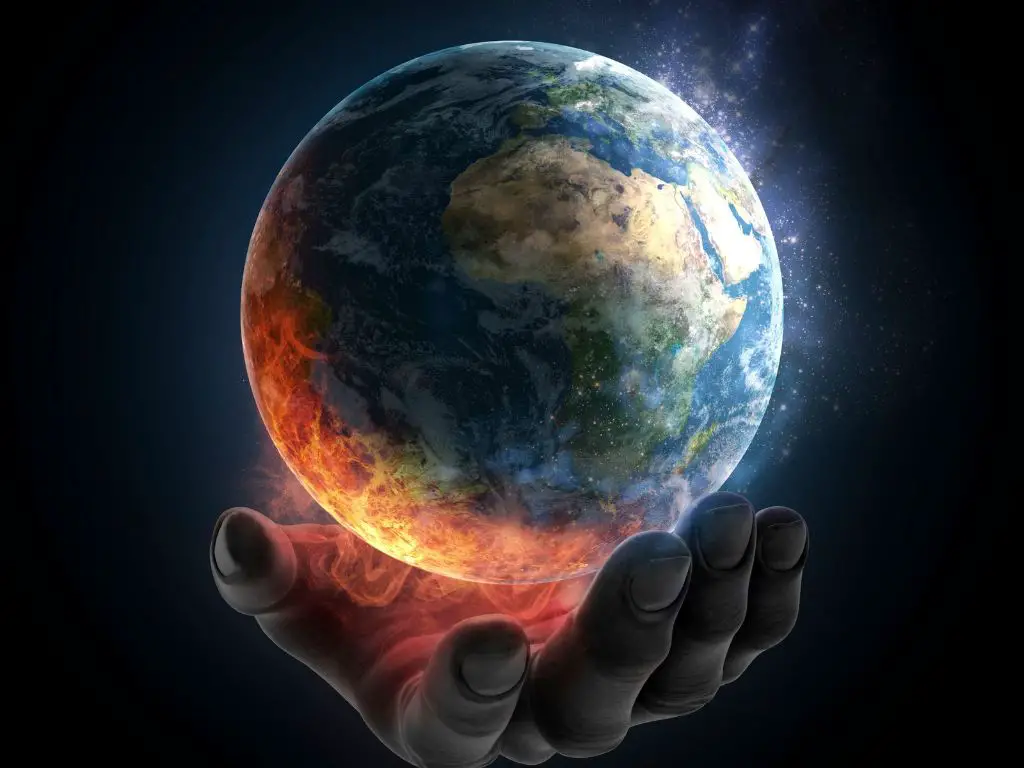The question of whether or not mankind will destroy itself is a difficult one to answer. On the one hand, it can be argued that human beings have always had an innate capacity for self-destruction and destruction of their environment, which could eventually lead to our own demise. On the other hand, technological advances and increased understanding about how to protect ourselves from natural disasters may help us avoid such a fate. Ultimately, only time will tell if mankind is capable of destroying itself or not.
Will mankind destroy itself
There are many potential threats to the survival of our species such as wars, natural disasters, pandemics, and environmental degradation. For example:
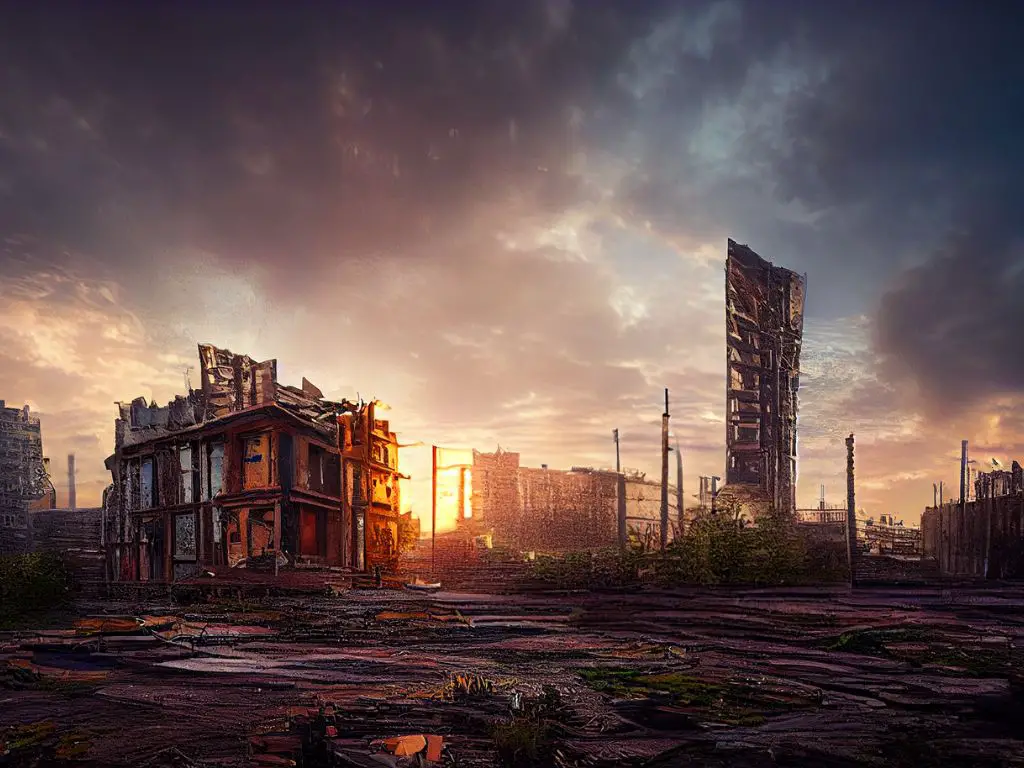
- In the past, wars have caused the deaths of millions of people and have had lasting effects on the environment and on human societies.
- Similarly, natural disasters such as earthquakes, hurricanes, and volcanic eruptions can cause widespread destruction and loss of life.
- Additionally, the continued degradation of the natural environment, such as through pollution and habitat destruction, could have serious consequences for the long-term survival of our species.
- Climate change caused by human activity
- Nuclear proliferation
- Overpopulation leading to resource scarcity
- Economic instability due to global inequality and poverty
- Political unrest resulting in civil wars and terrorism

All these issues have the potential for catastrophic consequences on humanity’s future prospects as well as its ability survive in an increasingly hostile world order.
Moreover, we also face existential threats from artificial intelligence (AI) – with some experts predicting AI could become so powerful that it poses risks beyond our current comprehension when used without proper oversight or regulation.
Nuclear War
One example of a potential threat to mankind’s existence is nuclear war. If countries with nuclear weapons were to engage in a full-scale nuclear conflict, the consequences could be catastrophic, potentially leading to the destruction of human civilization. In the past, there have been several close calls, such as the Cuban Missile Crisis, when the world came close to the brink of nuclear war. However, thanks to diplomatic efforts and the use of nuclear deterrents, a full-scale nuclear war has so far been avoided.
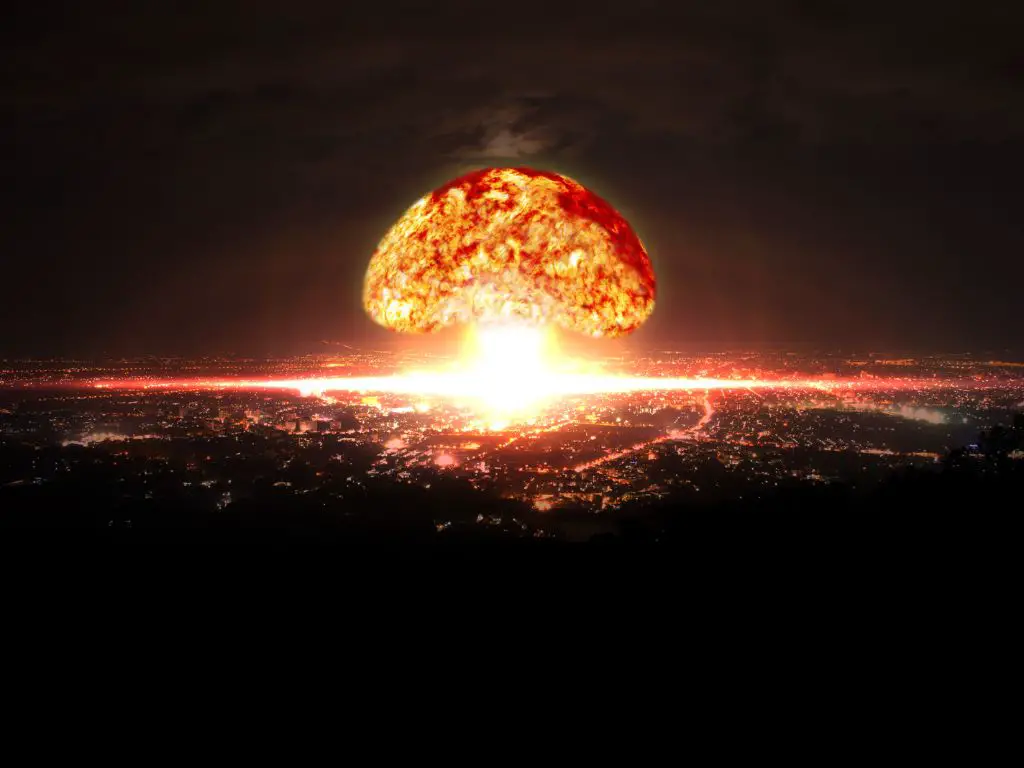
A major global pandemic
Another potential threat to mankind’s existence is a major global pandemic. In the past, there have been several deadly pandemics, such as the Spanish Flu of 1918, which killed millions of people around the world. In recent years, the emergence of diseases like Ebola and COVID-19 has highlighted the potential for global pandemics to cause widespread death and disruption. However, advances in medical technology and public health efforts have helped to prevent many pandemics from becoming even more catastrophic.

Ultimately, whether or not mankind will destroy itself is impossible to predict with certainty. It will depend on a variety of factors, including our ability to address global challenges, the choices that we make as a society, and the events that happen in the future.
Who said mankind will destroy itself?
The phrase “mankind will destroy itself” has been uttered by a number of prominent figures throughout history. Some of them are:
Greek philosopher Plato
One of the earliest recorded instances comes from the ancient Greek philosopher Plato, who in his work The Republic wrote that “unless philosophers become kings or those now called kings and leading men genuinely and adequately philosophize, that is to say unless political power and philosophy coincide in one person… then cities will never cease from ill” (Plato). This statement implies that if rulers do not practice wisdom, mankind may be doomed to self-destruction.

Albert Einstein
In more modern times, this sentiment was echoed by renowned scientist Albert Einstein when he said: “I know not with what weapons World War III will be fought but I know World War IV will be fought with sticks and stones” (Einstein). Here Einstein emphasizes how destructive technology can become if it falls into the wrong hands; without proper regulation or moral restraint these tools could lead humanity down a path of destruction.
Winston Churchill
Finally, British Prime Minister Winston Churchill also warned about mankind’s capacity for self-inflicted harm when he stated: “We shape our buildings; thereafter they shape us” (Churchill). This quote suggests that through human inventions such as warfare we have created potential threats which are capable of destroying ourselves – something many people around the world are increasingly aware today.

Overall it is clear there has long been concern among some influential thinkers about man’s ability to cause its own downfall – an issue which remains relevant even centuries later due to ongoing technological advances and geopolitical instability throughout much of our world today.
How long do humans have left?
Humans have been around for thousands of years, and while we may not know exactly how long we have left on this planet, it is a question that has become increasingly relevant in recent times. With the increasing effects of climate change, overpopulation and resource depletion becoming more apparent each day, many experts are beginning to speculate on just how much time humanity has left before our species becomes extinct or faces severe environmental degradation.
The answer to this question depends largely upon our ability as a species to make necessary changes in order to mitigate the negative impacts caused by human activity.
- If humans can take steps towards reducing their carbon footprint through renewable energy sources such as solar power and wind turbines;
- if they can reduce waste production;
- if they can find ways of living sustainably with nature instead of against it – then there is potential for us all to survive far into the future.
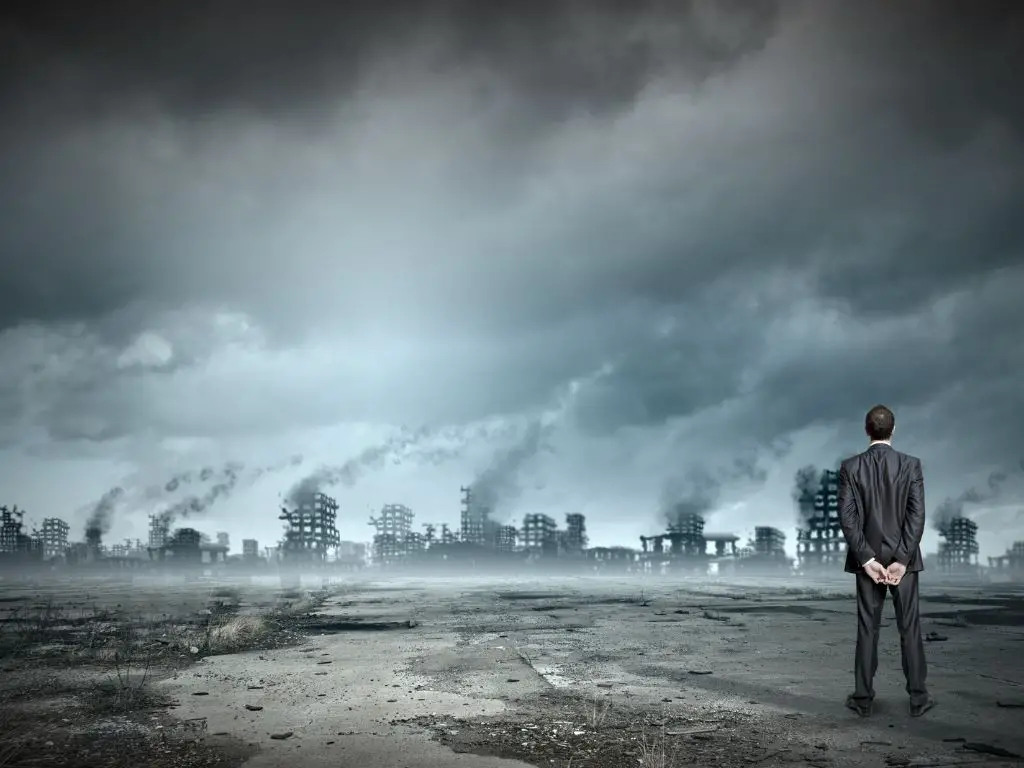
On the other hand however, without these measures being taken soon enough then humanity could be facing extinction within only a few hundred years from now due to global warming caused by greenhouse gas emissions which will eventually lead an uninhabitable environment across large parts of Earth’s surface area .
Ultimately whether or not humans have any chance at surviving beyond 2050 remains uncertain but one thing is certain: drastic action needs be taken now in order save ourselves from what would otherwise be an inevitable fate! We must take responsibility for our actions and work together towards finding solutions that will allow us continue existing well into future generations – because only when sustainable development becomes priority number one will mankind truly stand any chance at survival!
What species will dominate after humans?
As humans, we have come to dominate the world with our advanced technology and intelligence. We have been able to expand into new environments and create societies that thrive in them. However, as time passes by it is inevitable that something else will eventually take our place as the dominant species on this planet. What species will dominate after humans?
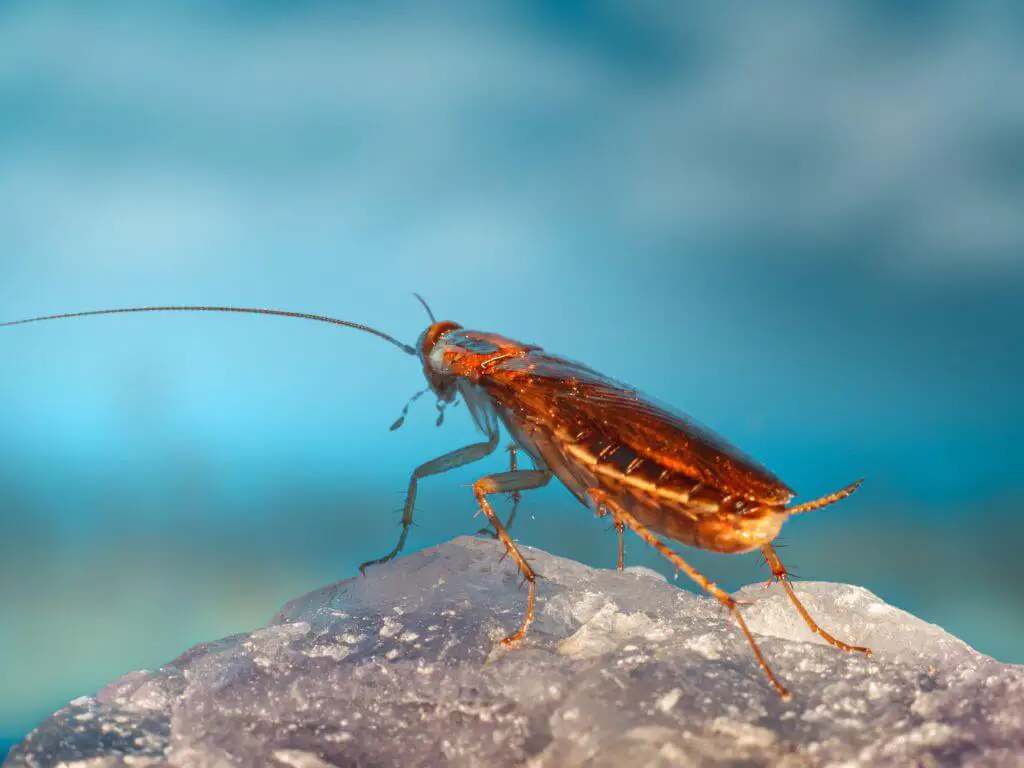
The answer lies in understanding which animals are most adapted for success in a post-human world. Many experts believe that cockroaches would be one of the best candidates for taking over after humanity has gone extinct due to their incredible resilience and ability to adapt quickly when faced with changing environmental conditions. They can survive without food or water for months at a time, reproduce rapidly, and even withstand radiation levels up to ten times higher than what is lethal for other creatures such as mammals or birds.
In addition, many insects such as ants could also become dominant players on Earth once human beings are gone since they already exist in large colonies across multiple continents where they cooperate effectively towards common goals like gathering food resources or defending against predators—traits which may prove invaluable should another species ever need an edge against competition from its peers while vying for dominance over all others living things left behind by us Homo sapiens!
In conclusion then while there are numerous reasons why humankind might be headed toward its own extinction – either through deliberate choices made by individuals or groups within society – ultimately no-one knows what lies ahead in terms of our collective destiny as a species on this planet Earth but hopefully with continued vigilance we may yet find ways avert disaster before it arrives at our doorstep!


